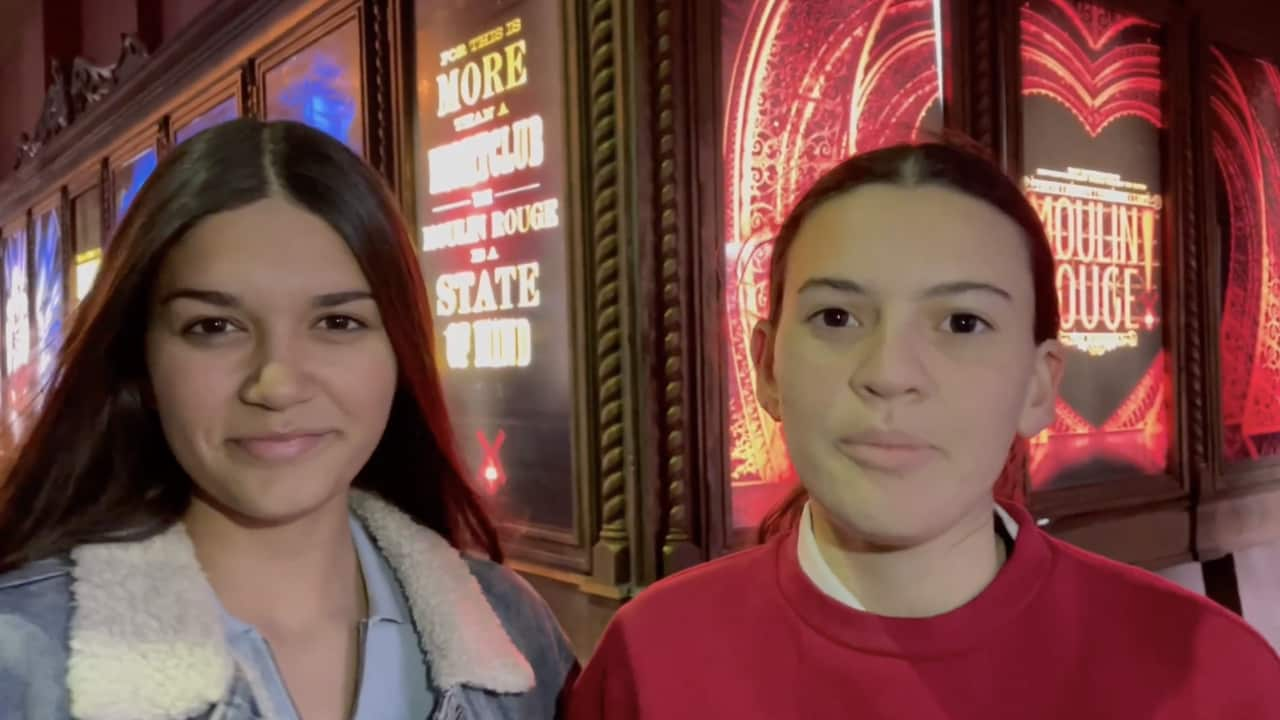This story is part of the SBS health and wellbeing initiative Mind Your Health. Click to visit the portal, featuring digital stories, podcasts and videos in English and multiple languages.
Worrying about our own futures or that of loved ones is normal. The same applies to death. Fear of death is normal, and it's a common feeling that many people experience in the face of uncertainty over what happens when life ends.
According to specialists, it is natural for people to feel apprehension about death or the process of dying, either for themselves or loved ones, especially when faced with chronic illness or dealing with the elderly.
But when this fear becomes obsessive, and begins to affect a person's daily life, it may be thanatophobia, the pathological fear of death.
Thanatophobia can be the root of many psychological disorders
Clinical psychologist Gabriela Salabert says this chronic anxiety disorder can go undetected because it is often intertwined with other conditions and is difficult to diagnose.
According to Ms Salabert, when a mental health specialist begins working with conditions such as phobias, obsessive-compulsive disorder, post-traumatic stress, panic attacks, anxiety or eating disorders, he or she often discovers that all of this “is fuelled by or started by [an underlying] pathological anxiety over death.”
In recent years, the pathological fear of death has worsened in some individuals as a result of the COVID-19 pandemic.
This obsessive fear can exacerbate a person's innate survival mechanisms to the extreme, possibly leading to the development eating disorders, increased anxiety, and obsessive-compulsions, especially those related to cleaning and cleanliness. People often develop these conditions as 'strategies' to combat this terror of death.
Agoraphobia, the fear of leaving home and open spaces, can also be derived from fear of death. Sufferers tend to avoid public places, such as squares, shopping centres, and high traffic areas.
“Having this anxiety about death affects a sufferer's interaction with others in public places and can create a fear of touching objects, like the supermarket trolley", she explains.
The environment is irrationally perceived as threatening and pollutingGabriela Salabert, Clinical Psychologist
Denial of the death of a loved one
According to Ms Salabert, thanatophobia may even affect a person's ability to face or accept the death of a loved one. Sufferers may refuse to attend funeral rituals.
"There are many people who care for relatives until they die and are then reluctant to go to the funeral, as they want to keep the memory of the living person."
The clinical psychologist says that she receives calls from hospital staff asking for assistance when encountering people who reject the idea of a loved one's death, to the point they refuse to organise for their remains to be removed from the premises for burial or cremation.
Ms Salabert believes the modernisation of funeral rituals has caused many people not to see death as something inevitable and natural. She says people often fail to prepare for the farewell, because they simply don't know how to accept the idea of death.
Our ancestors accepted the possibility of death much better than we do. Their wakes were held in their homes, and everyone attended the funerals or wakes.
“Now there is a kind of apprehension to accept that death is a possibility and I think COVID also triggered more terror,” she adds.
The psychologist emphasises that ideally, people should develop a flexible and balanced attitude towards the acceptance of death, where they adapt to circumstances, knowing that one day they will also die.
When fear of death turns to panic
If the fear of a loved one's death or the idea of your own turns into panic, or if these thoughts begin to become intrusive, it's time to seek professional help to find strategies to deal with these feelings.
And, although thanatophobia is not recognised as a disorder, there are symptoms such as anxiety, frequent panic attacks, dizziness, sweating, among others, that can help identify it.
However, the most important thing, according to specialists, is to take into account the person's life history.
This is especially important for immigrants or refugees, especially those who left their countries due to violence, persecution, or people who have endured natural disasters.
“These people are already known to be vulnerable and more likely to feel more anxiety about death because of the experiences they have had,” Ms Salabert explains.
The psychologist adds it is very important people who have experienced serious car accidents, accidents at work, or other similar situations, to consult a specialist, because their symptoms of thanatophobia could become severe.
She recommends discussing the exacerbated fear of death with a mental health professional to start appropriate treatment. This is especially necessary if the person has had a traumatic episode in their life and suddenly begins to experience symptoms of depression or anxiety — even if they may not seem directly related.
Ms Salabert points out that these people are likely to only say that they cannot sleep at night or that they think they have depression or anxiety, but by going to a mental health expert, an incredible level of trauma can be uncovered and treatments differ when you know the origin of the condition.
National Mental Health Services and Helplines
- Lifeline - 13 11 14
- Beyond Blue - 1300 22 4636
Click to listen to the full interview with clinical psychologist Gabriela Salabert, in Spanish.









